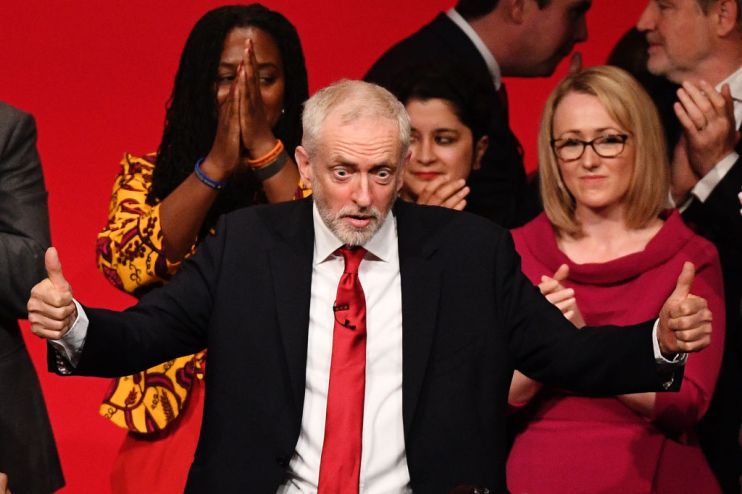General Election 2019: Labour ‘pretending’ only richest will fund its £83bn spending spree

Labour’s has been criticised for “pretending” it can fund the bulk of its £83bn spending spree by raising taxes for the only the richest five per cent of the country.
Revealing his party manifesto this morning Jeremy Corbyn pledged that the vast majority of British taxpayers would be unaffected by Labour’s plans, which include widespread nationalisation alongside billions committed to the NHS, education, research and development and housing.
But Institute for Fiscal Studies director Paul Johnson has argued it is “not credible” to suggest this would be funded out of tax hikes just for those earning £80,000 and above.
Read more: City urges rethink over ‘hostile’ manifesto
Read more: Labour unveils CGT hike to help cover £83bn spending spree
“If you want to transform the scale and scope of the state then you need to be clear that the tax increases required to do that will need to be widely shared rather than pretending that everything can be paid for by companies and the rich,” he said.
Labour’s tax plans would “push the tax burden well above levels sustained in the UK since the Second World War,” he added, warning that the scale of Corbyn’s plans carried “the risk of huge administrative complexity and costs”.
On corporation tax alone, the IFS warned that Labour’s plans would make it higher as a fraction of national income than any other country in the G7, and more than almost anywhere else in the OECD.
“This would clearly come with substantial risks,” he said. “The truth is of course that in the end corporation tax is paid by workers, customers or shareholders so would affect many in the population. In the end, it is unlikely that one could raise the sums suggested by Labour from the tax policies they set out.”
Another of Labour’s proposals – to keep the pension age at 66 – would add £24bn a year to spending by the 2050s. Scrapping university tuition fees would be similarly expensive “and has the potential to make it difficult to maintain a system without a cap on student numbers”.
During an interview with ITV, Johnson said: “These are vast numbers, enormous, colossal, in the context of anything we’ve seen in the last – ever, really.”
“That is simply not credible. We cannot raise that kind of money in our tax system without affecting individuals.”
Main image: Getty